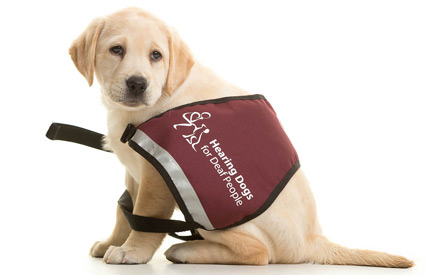The healing power of ponies (and pets)
The fun, happiness, and, of course, exercise that ponies give is well known. But for disabled children, the wider benefits can be life-changing Clementine (Clemmie) Palmer, eight, has congenital hip problems, which have meant frequent hospital stays; she also has global developmental delay with very little language and understanding. Her elder sister Jemima, 12, has a neurological speech and language disorder, which means she finds it hard to express herself or understand other people.
In September 2013 their mother Marina heard about the Wormwood Scrubs Pony Centre (WSPC ) in West London, which provides equine therapy for children with special needs. It was founded in 1989 by Sister Mary-Joy Langdon, a nun from a working order, who somehow found herself ‘with three abandoned Shetland ponies and a patch of scrubland’. A lifelong rider herself, Sister Mary-Joy was convinced that riding in a safe, caring environment would improve the quality of life for children with a range of problems.
Now, with a handful of volunteers and 18 specially trained ponies, Sister Mary-Joy teaches 350 children a year to ride and look after a horse. ‘It is a constant battle to keep WSPC running, but the trials we face are nothing compared to what our young riders deal with daily. They deserve to find joy in the world.’
Equine (or hippo-) therapy uses the movement of the horse to help with posture, balance, core muscle strength, sensory processing and brain/movement coordination. Marina is ‘in awe’ of what has been achieved through weekly lessons. ‘Clemmie’s language has improved immensely, as has her balance. When she started at WSPC she could walk, but had a very poor gait and would frequently stumble and fall over. Riding strengthened her core stability and balance, and also developed neural pathways linked to walking. We noticed significant improvements after a few months. She no longer has multiple falls.’
Jemima has also benefited greatly. ‘She usually needs help to get dressed, but when it comes to riding she can put on her jodhpurs, hat and boots herself. It is down to the discipline that Sister Mary-Joy instils in the children, and it extends into other parts of her life – she puts everything in her pencil case for school, for instance, and has it ready for a lesson, which she could never do before.’
Whenever the children achieve something they are given a badge. ‘This has been a tremendous boost for Jemima, who had only ever encountered failure,’ reports Marina. ‘Going to the Pony Centre has instilled a level of confidence I never thought I would see.’
• WSPC (www.wormwoodscrubsponycentre.org) is affiliated to Riding for the Disabled Association, www.rda.org.uk
HOW PETS CAN BOOST WELLBEING
 They love and give comfort… Pets As Therapy (www.petsastherapy.org) has more than 5,000 dogs and cats visiting hospitals, hospices and care homes. The Read2Dogs programme in schools helps children who find reading hard or stressful.
They love and give comfort… Pets As Therapy (www.petsastherapy.org) has more than 5,000 dogs and cats visiting hospitals, hospices and care homes. The Read2Dogs programme in schools helps children who find reading hard or stressful.
Keep us fitter… According to recent research, dog owners over 65 are as fit as people a decade younger.
Help lower blood pressure and plaque build up… Playing with a pet can raise levels of the calming neurotransmitters serotonin and dopamine.
Reduce anxiety and depression… Alzheimer’s patients have fewer anxious outbursts if there is an animal at home; carers also feel less burdened.
Support deaf and blind people… Hearing dogs for the deaf are as valuable as guide dogs for the visually impaired (www.hearingdogs.org.uk).
Warn of potential medical emergencies… Medical Alert Assistance Dogs www.medicaldetectiondogs.org.uk) can help people with life-threatening health conditions and severe allergic responses. For people with epilepsy, visit Support Dogs (www.support-dogs.org.uk).
Detect cancer early… A trial showed that trained Medical Detection Dogs can identify prostate cancer from urine samples with up to 93 per cent accuracy, and studies have suggested they can also detect early-stage bowel and lung cancer from breath samples. Doctors are studying dogs for a prototype electronic nose to mimic a dog’s smell sense.
Improve behaviour… TheHorse Course project, trialled in prisons, has helped disruptive and disengaged offenders modify their behaviour (www.thehorsecourse.org).
• World Animal Day takes place on 4 October. For more information visit www.worldanimalday.org.uk
